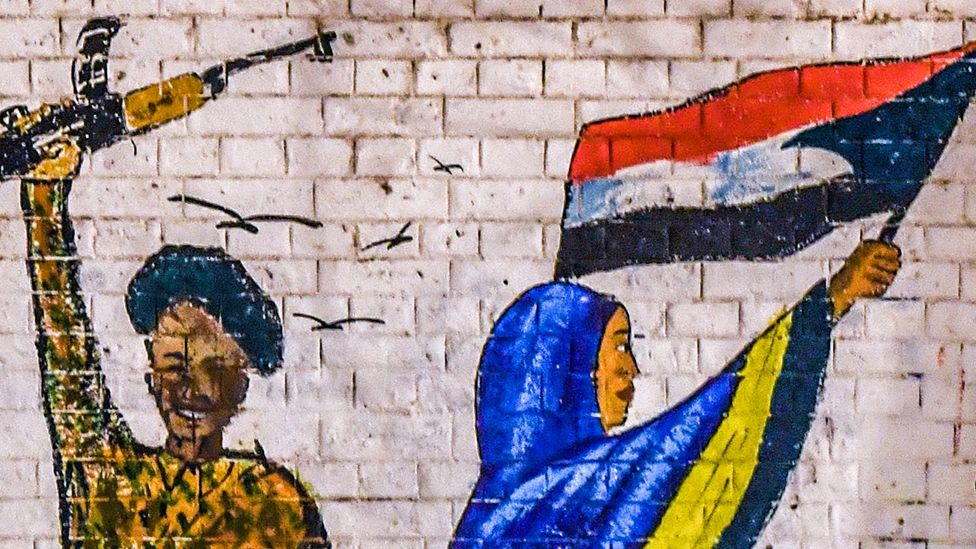Frontpage
e-flux conversations
Image via BBC
In the English-language edition of Le Monde Diplomatique, international relations scholar Gilbert Achcar compares the recent uprisings in Sudan and Algeria to the movements around the Arab Spring, asking how the former have learned from the failures and strategic mistakes of the latter.
In April, Algerian president Abdelaziz Bouteflika resigned under popular and military pressure, while Sudan’s president Omar al-Bashir left office under similar circumstances. Achcar suggests that the Algerian and Sudanese uprisings, due to their reliance on a unified leadership, may ultimately prove more lasting and successful that those of the Arab Spring. Here’s an excerpt from his piece:
Sudan and Algeria, like Egypt, have regimes with a military-security backbone. As in Egypt, the military eventually tried to appease the people by sacrificing the president. The Algerian army forced Abdelaziz Bouteflika to resign on 2 April, and Sudan’s military junta deposed and took Omar al-Bashir into custody on 11 April.
These coups were conservative, like those mounted by the Egyptian military in February 2011, when they announced Mubarak’s ‘resignation’: the army sacrificed the tip of the iceberg to preserve the part below the surface. As in Egypt, the Algerian and Sudanese armed forces sacrificed their ousted presidents’ close allies and the people and institutions most directly compromised in the abuses and misappropriations of the abhorred regimes. But in both countries, the popular movements, learning from the Egyptian experience (and from earlier experiences in Sudan), have not fallen into the trap. They persist in demanding an end to military control of political power, and the establishment of a genuinely civilian and democratic government.








